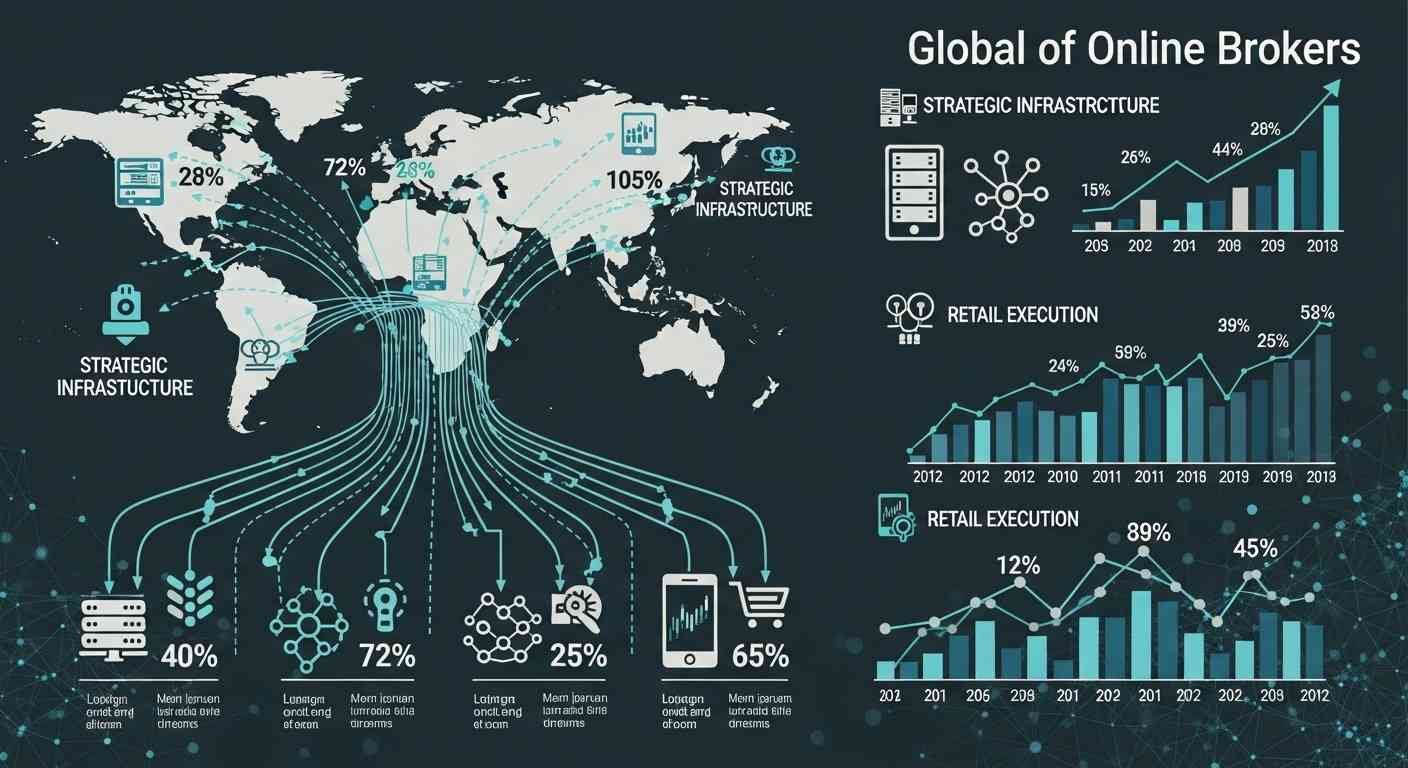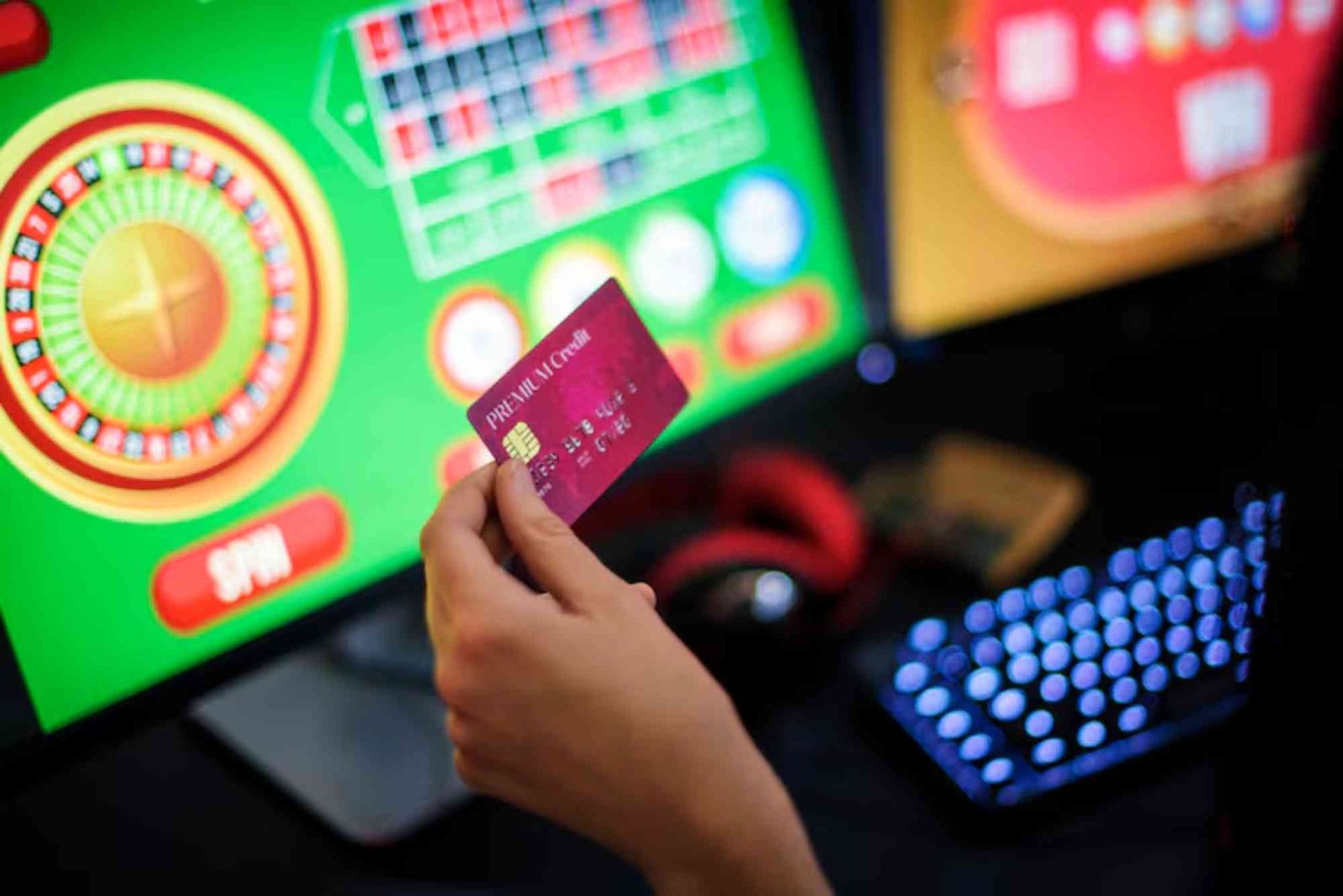Gambling has existed for centuries, but its modern form—especially online—has transformed into something far more immersive and psychologically intricate. From the flashing lights of slot machines to the endless options on digital platforms, gambling is not just about chance; it’s deeply intertwined with human behavior, emotions, and brain chemistry.
Understanding how psychology drives gambling habits can help explain why some people treat it as casual entertainment while others struggle to control it. The truth lies not just in the games themselves, but in the mental triggers and emotional loops they create.
The Allure of Risk and Reward
At its core, gambling taps into one of the most powerful psychological mechanisms known to humans: the reward system. The brain releases dopamine—a neurotransmitter responsible for pleasure and motivation—every time we anticipate or experience a win. Interestingly, studies show that it’s not the win itself that triggers the strongest dopamine surge, but the anticipation of winning.
That’s why players often feel the most excitement when the slot reels are spinning or when waiting for a roulette wheel to stop. It’s the tension, not the outcome, that keeps people coming back. The same mechanism underlies behaviors like checking social media notifications or buying lottery tickets—our brains are wired to crave uncertainty paired with potential reward.
When this process repeats frequently, it forms a reinforcement loop. Each “near win” or occasional payout strengthens the desire to play again, creating patterns similar to other forms of behavioral conditioning. Essentially, gambling doesn’t just entertain the mind—it trains it.
The Environment of Online Gambling Sites UK
In the digital era, gambling psychology has found a new playground: online casinos and betting platforms. The accessibility, design, and reward systems of these sites are built around behavioral science. Modern online gambling sites uk use psychological cues to increase engagement and retention, much like social media platforms or mobile games.
Consider the layout of these sites: smooth navigation, instant gratification through quick spins or bets, and a near-constant stream of notifications. Many offer loyalty programs, free spins, or cashback bonuses—each acting as a small reinforcement to keep the user active. The use of bright colors, upbeat music, and celebratory animations after small wins also triggers microbursts of dopamine, reinforcing the habit even if the monetary gain is minimal.
Moreover, the anonymity of online play creates a psychological buffer. Without the social pressure or accountability of a physical environment, people are more likely to take risks they wouldn’t otherwise take in a real-world casino. The illusion of control and privacy makes the digital experience feel safer, even when the stakes are high.
Variable Rewards: The Hidden Engine of Addiction
One of the most fascinating—and dangerous—psychological aspects of gambling is the variable reward system. This principle, first explored in behaviorist psychology, describes how unpredictable rewards create stronger habits than consistent ones.
In gambling, this plays out perfectly. You never know when the next win will come, so your brain stays in a constant state of anticipation. Each spin, hand, or bet could be “the one,” and that uncertainty keeps the dopamine cycle alive. This mechanism is identical to what keeps people hooked on social media—random likes, notifications, or messages all trigger the same part of the brain.
This randomness is why gambling can become so psychologically gripping. The mind interprets the unpredictability as a challenge it must conquer, turning entertainment into compulsion. Over time, some players begin to chase losses or recreate previous highs, deepening the dependency.
The Illusion of Control
Another major psychological driver behind gambling habits is the illusion of control—the belief that skill or strategy can influence random outcomes. While this may be true in games like poker or sports betting, it’s largely false in chance-based games such as slots or roulette.
Yet many players subconsciously convince themselves that they have control. They may develop rituals, lucky numbers, or betting patterns that make them feel more in command of the outcome. This sense of agency gives temporary confidence, which can reduce the perceived risk and make gambling feel rational, even when it isn’t.
Psychologists have found that when players attribute wins to skill and losses to luck, it reinforces continued play. This cognitive bias ensures that the gambler’s self-esteem stays intact while the behavior persists—one of the reasons why even intelligent, disciplined individuals can fall into repetitive gambling cycles.
Emotional Triggers and Escape Behavior
Beyond dopamine and cognitive biases, gambling often fulfills deeper emotional needs. Many players use it as a form of escape—a temporary break from stress, loneliness, or financial anxiety. The immersive nature of casino games, with their constant stimulation and focus-demanding design, provides a kind of mental tunnel vision where real-world problems fade away.
This escapism, however, is a double-edged sword. While it offers short-term relief, it can also worsen the underlying issues by creating emotional dependency. A stressful event or negative emotion can trigger the urge to gamble again, turning the habit into an emotional coping mechanism. The result is a feedback loop where the player gambles to feel better but ends up feeling worse after losses—then gambles again to escape that guilt or stress.
Social Influence and Group Psychology
Gambling isn’t just an individual activity—it’s also social. Even in digital environments, the perception of community plays a major role. Online leaderboards, chat rooms, and multiplayer games foster a sense of belonging and competition. Watching others win can trigger social proof, a psychological phenomenon where people imitate behaviors they see others being rewarded for.
This dynamic explains why streamer-based gambling content on platforms like Twitch or YouTube has become so influential. Seeing someone win large sums of money makes gambling look exciting and achievable, even though the odds remain unchanged for everyone. The combination of social validation and aspirational imagery can be a powerful motivator to play “just one more round.”
The Role of Marketing and Design Psychology
Every element of a gambling platform is intentionally designed to influence behavior. Marketing psychology plays a massive role in drawing players in and keeping them engaged. Color psychology, for instance, is widely used—red tones stimulate excitement, while gold suggests wealth and success.
Pop-up promotions that appear after losses, countdown timers on bonuses, and time-limited offers create urgency bias, a well-known tactic that pushes impulsive decisions. Even the wording—phrases like “just one spin away” or “your lucky streak awaits”—frames gambling as a matter of timing rather than chance.
These design strategies don’t necessarily make gambling unethical, but they do highlight how psychology is actively leveraged to shape behavior. Players who understand these tactics are better equipped to make conscious, informed choices instead of being subtly manipulated by them.
Why Understanding Psychology Helps Responsible Gambling
Recognizing the psychological mechanisms behind gambling habits is the first step toward responsible play. Awareness doesn’t remove risk, but it does build resilience. When you understand that dopamine drives the urge to “chase losses” or that near-misses are designed to keep you hooked, you can pause and regain control.
Responsible gambling tools—like deposit limits, time-out features, and self-exclusion programs—are based on these psychological insights. They exist to interrupt the reward cycle before it becomes harmful. Many modern gambling platforms now integrate behavioral analytics that detect patterns of risky play and alert users accordingly.
Ultimately, gambling should remain a form of entertainment, not a coping mechanism or income source. By approaching it with psychological awareness, players can enjoy the thrill without falling prey to its traps.
Final Thoughts: The Mind Behind the Game
So, how does psychology drive gambling habits? It’s a combination of biology, behavior, and environment. Dopamine rewards, variable reinforcement, illusions of control, and emotional escape all work together to shape our relationship with risk and reward. The digital evolution of gambling has amplified these effects, making awareness more crucial than ever.
Whether you’re a casual player or someone studying the industry, understanding these psychological principles can help you make smarter, more mindful choices. Gambling may be built on luck, but staying in control is a matter of knowledge—and self-awareness is your most valuable bet.



